Stress Management for Life A Research-Based Experiential Approach, 3rd Edition by Michael Olpin – Test Bank
Chapter 4—The Mind/Body Connection
TRUE/FALSE
1. Emotional health relates more to what you are feeling, while mental health relates more to what you are thinking.
ANS: T PTS: 1
2. Individuals who experience higher levels of stress tend to consume less alcohol, smoke fewer cigarettes, and drink less coffee than those who are under less stress.
ANS: F PTS: 1
3. You only need to think you are in danger for the stress response to activate.
ANS: T PTS: 1
4. Cortisol strengthens the body’s immune system.
ANS: F PTS: 1
5. Mental stress increases oxygen demand because blood pressure and heart rate are elevated.
ANS: T PTS: 1
6. Chronically high levels of cortisol may affect cardiac health by promoting inflammation that contributes to heart attacks.
ANS: T PTS: 1
7. Psychosomatic diseases are not real and therefore cannot make a person feel sick or have symptoms.
ANS: F PTS: 1
8. Happy, relaxed people are more resistant to illness than those who tend to be unhappy or tense.
ANS: T PTS: 1
9. The “placebo effect” means that the treatment has no effect.
ANS: F PTS: 1
10. Psychoneuroimmunology is the study of the relationship between the nervous system, the psyche, and the immune system and their implications for health.
ANS: T PTS: 1
11. A common factor among people who live to be at least 100 years old is that they handle stress well.
ANS: T PTS: 1


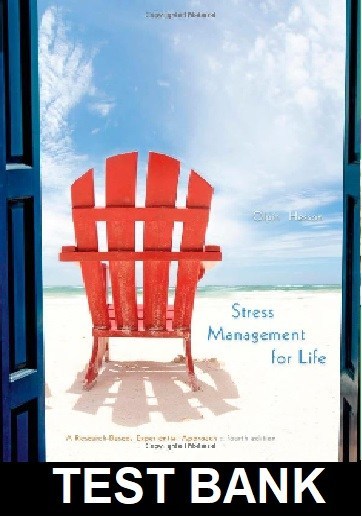




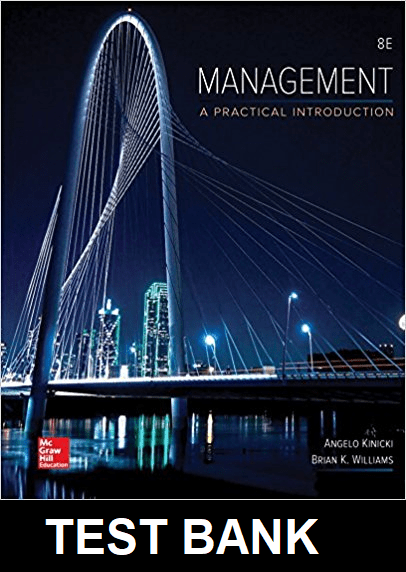
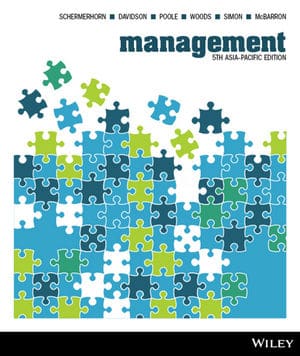
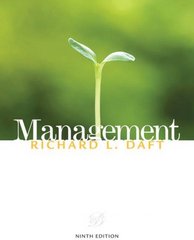

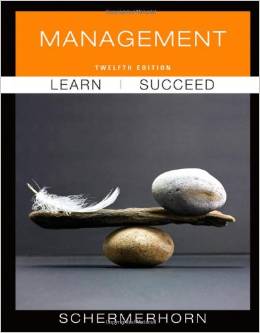


Reviews
There are no reviews yet.